(All questions on these examinations are multiple choice with
one correct answer; choose the BEST answer to each question.
These questions are provided for information purposes only; questions much like these
will be on the tests, but none of these questions will be repeated on the examinations.)
1. Which of these is NOT an element of robbery?
A. Threatening the imminent use of force
B. Permanently depriving another of property
C. Using force in the presence of another person
D. Taking property in the presence of another person
2. Which of these is a written order from a court directed to a peace officer, or to
some other person specifically named, commanding that a person be placed under arrest?
A. A writ of habeus corpus
B. A summons
C. A subpoena
D. A warrant
3. The Illinois Constitution guarantees that a person may be imprisoned
for
failure to pay a criminal fine only when which of the following occurs?
A. The person has failed to file an appeal.
B. The person has been convicted of fraud.
C. The person has willfully failed to make payment.
D. The person is six months behind in an installment plan for repayment.
4. A firearms training course
A. must be taught by an instructor and in a school with approval
from the Department of Financial and Professional Regulation.
B. must be taught by a licensed private detective or private security contractor.
C. may be waived if the applicant has any military experience.
D. must be completed by all detective and security personnel.
5. Which of these is the Department of Financial and Professional Regulation authorized
to do
when it becomes aware of an individual who is not practicing in accordance with
the act and
rules governing private detectives and private security contractors?
A. Suspend a license immediately followed by a hearing within 30 days
B. Petition the circuit court in the county where the individual resides to
impose fines and penalties for each day the licensee continues to practice
C. Issue a warrant for the arrest of the individual for violation of the act and rules
D. Subpoena the individual and all agency employees to appear at a hearing that must be held within 10 business days
6. Who is eligible to be authorized to operate eavesdropping equipment?
A. Only active duty law enforcement officers
B. Any retired or active duty law enforcement officer
C. Any licensed private detective or security contractor
D. A retired law enforcement officer who is certified by the Illinois State Police
7. Which of the following does NOT appear on an agency employee's identification card?
A. The date of issuance
B. The employee's date of licensure
C. The signature of the person's employer
D. A personal description of the employee
8. How many employees must a registered agency have to be licensed and regulated
under the act and rules governing private detectives and private security contractors?
A. One
B. Two
C. Five
D. Ten
9. Which of these accurately describes the consequence of failing to notify the
Department of Financial and Professional Regulation of a change of address?
A. The employee registration cards of all agency employees expire immediately after the change of address.
B. The agency’s license automatically expires 30 days after the change of address.
C. The individual’s license is suspended 90 days after the change of address.
D. Practicing with an expired license may result in disciplinary action.
10. The characteristic appearance of asphyxia victims will be noted in what portion of the body?
A. Internal organs
B. Extremities
C. Face
D. Chest
11. Which of these refers to statements made during the commission of an offense?
A. Dying declarations
B. Res gestae declarations
C. Inadmissible declarations
D. Nolo contendere declarations
12. Which of these is most essential in a fixed surveillance?
A. Constant communication
B. Long-term memory
C. Patience
D. Agility
13. Which of the following exploits the greed of a victim?
A. Pigeon drop swindle
B. Bank examiner swindle
C. Ignorance swindle
D. Internet phishing
14. Which of the following is LEAST important in managing a case involving informants?
A. Keep documented records of when payments are made to the informant.
B. Offer the informant's services to other investigators.
C. Conduct frequent reviews of the informant's activities.
D. Complete a background check on each informant.
15. How does the Ballistic Identification System help improve investigation of cases involving firearms?
A. By speeding up fingerprint comparisons
B. By testing for atomic absorption discharge
C. By consolidating firearm ownership records
D. By cataloging crime scene firearm evidence
16. Which of these is LEAST important in the security assessment for a personnel department?
A. Who has access to personnel files and records?
B. How are computerized personnel records stored?
C. Are payroll records managed by an outside contractor?
D. Can computer files be accessed from remote locations?
17. Which of the following is the best example of applying a tort law?
A. Armed robbery
B. Residential burglary
C. Malicious prosecution
D. Sexual assault
 Got 10 minutes? Call 818-883-6969 for the most
Got 10 minutes? Call 818-883-6969 for the most
valuable PI phone conversation you will ever have!
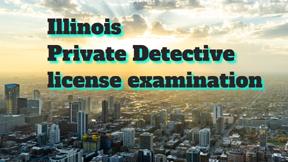
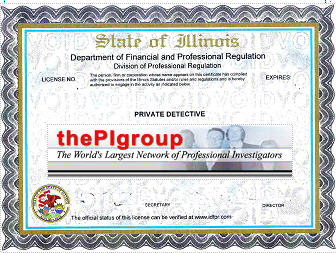


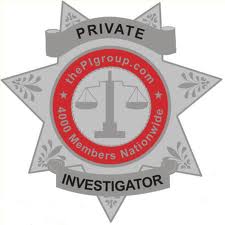
 Call us for a few FREE sample questions!
Call us for a few FREE sample questions! lower price on this popular package!
lower price on this popular package!
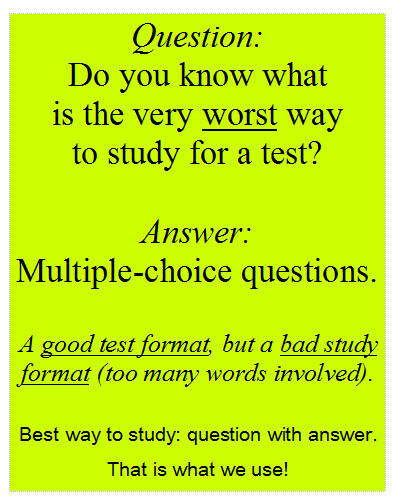
 An exciting new Illinois test training option!
An exciting new Illinois test training option! -by-
-by- 
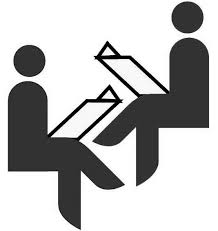
 We are not a bunch of silly on-line 'theory' questions.
We are not a bunch of silly on-line 'theory' questions.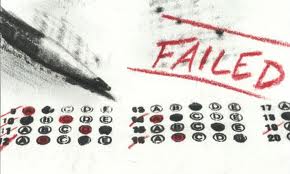


 We are NOT a time-wasting seminar!
We are NOT a time-wasting seminar! 
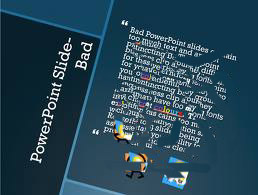 We are NOT a cheap powerpoint pdf download!
We are NOT a cheap powerpoint pdf download!











 Some choose the $325
Some choose the $325  full-size pages!
full-size pages! Yes, we see it every year or two.
Yes, we see it every year or two.  Avoid the clowns.
Avoid the clowns.






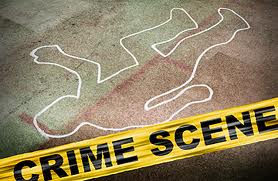






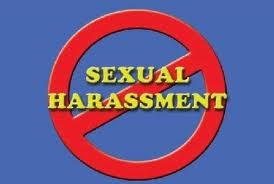

 New section!
New section! 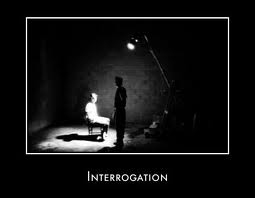

 4000 members nationwide.
4000 members nationwide. at:
at:  Call 818-883-6969 NOW!
Call 818-883-6969 NOW! 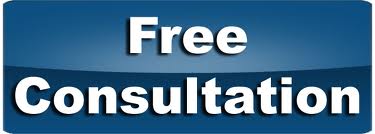
 An exciting new Illinois test training option!
An exciting new Illinois test training option! -by-
-by- 

 We are not a bunch of silly on-line 'pretend' questions.
We are not a bunch of silly on-line 'pretend' questions.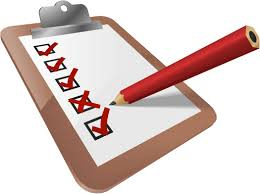





 study!
study! version,
version, for this new bare-bones 'economy' version.
for this new bare-bones 'economy' version.





